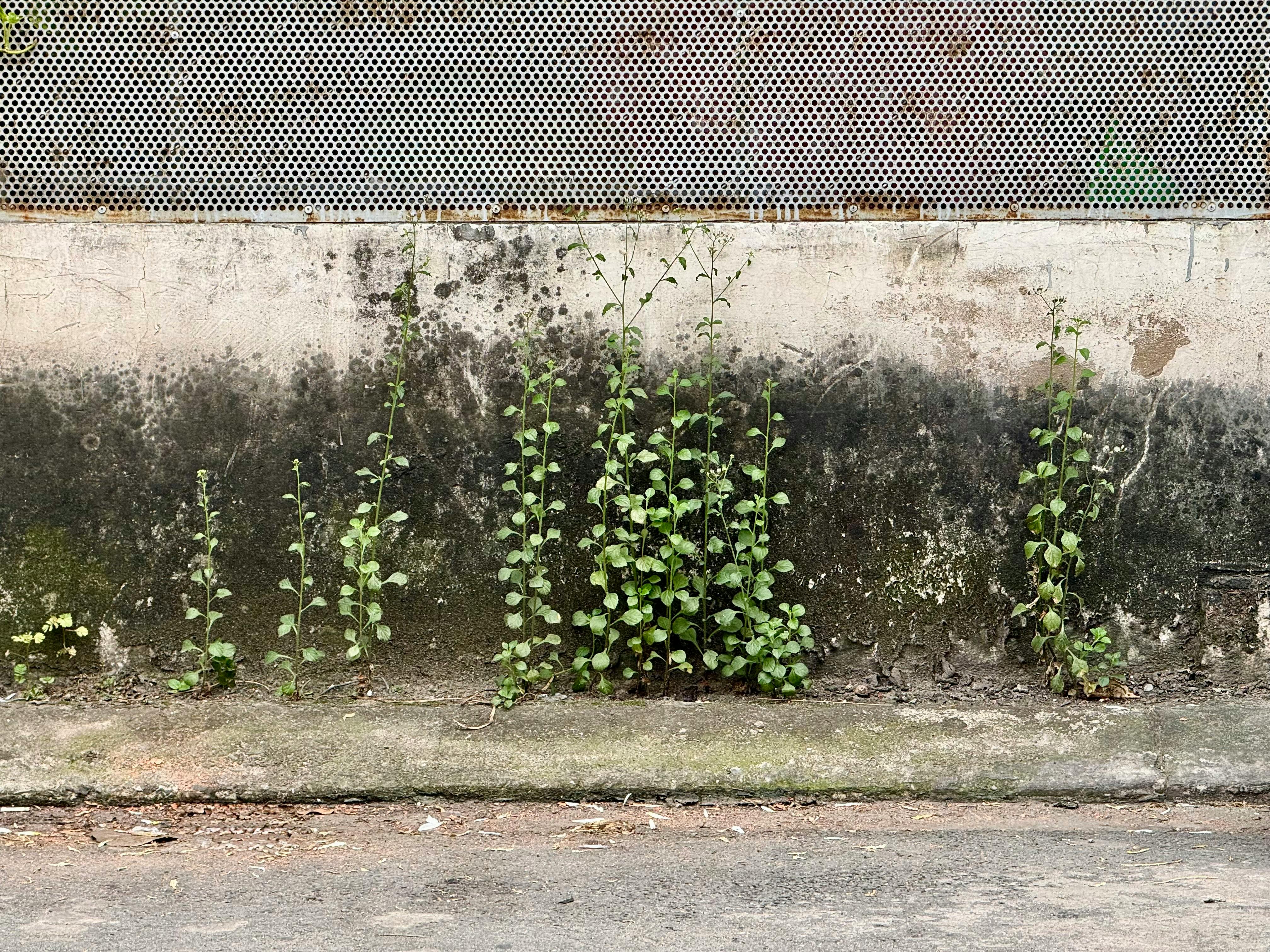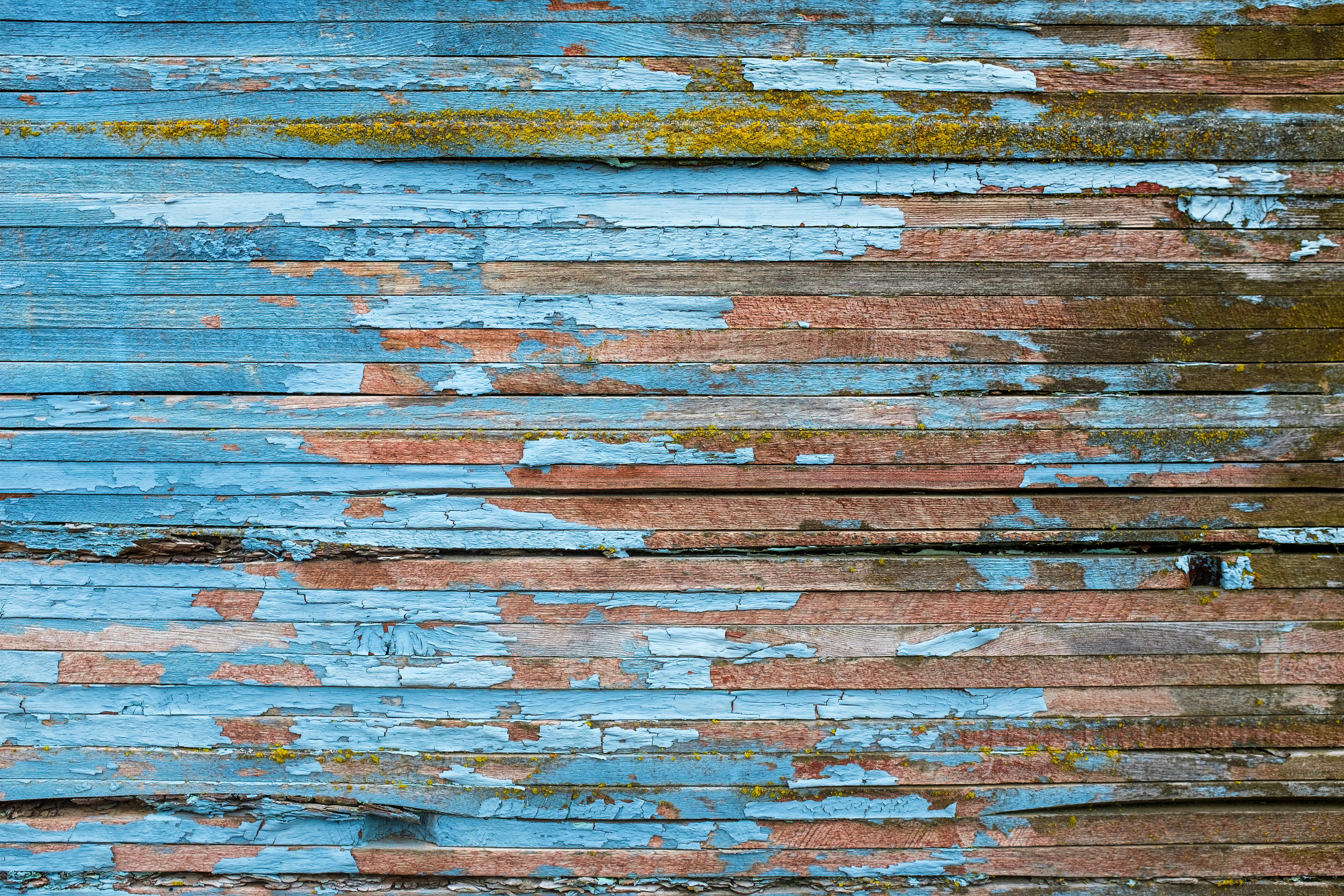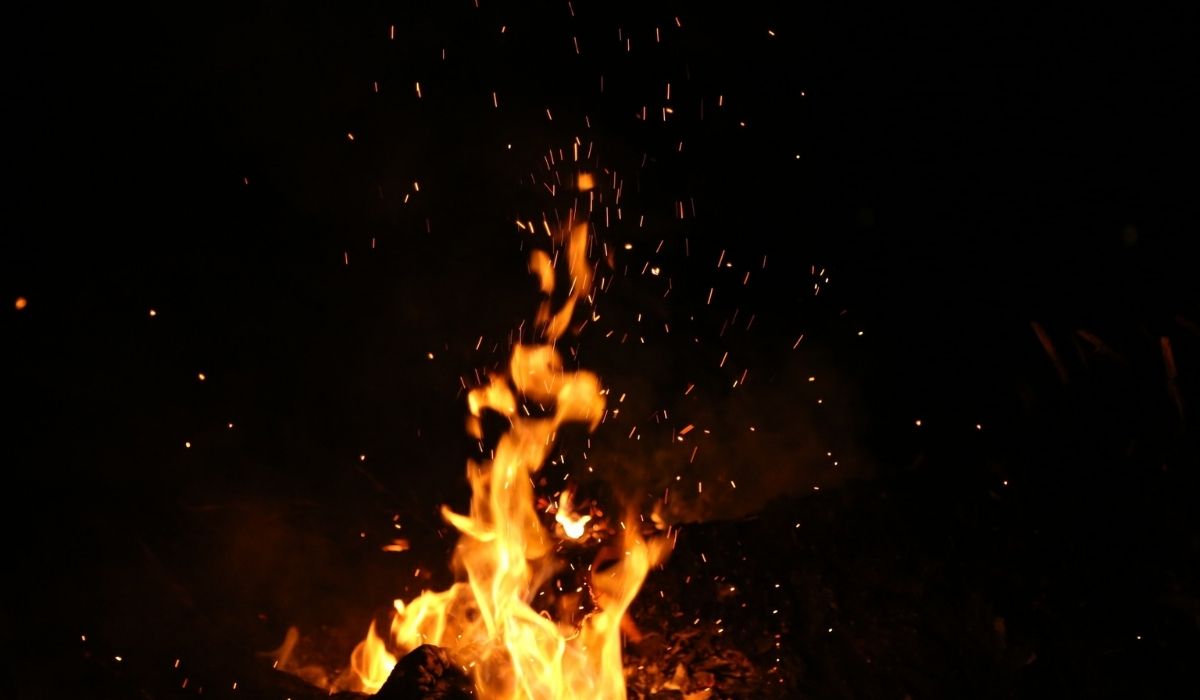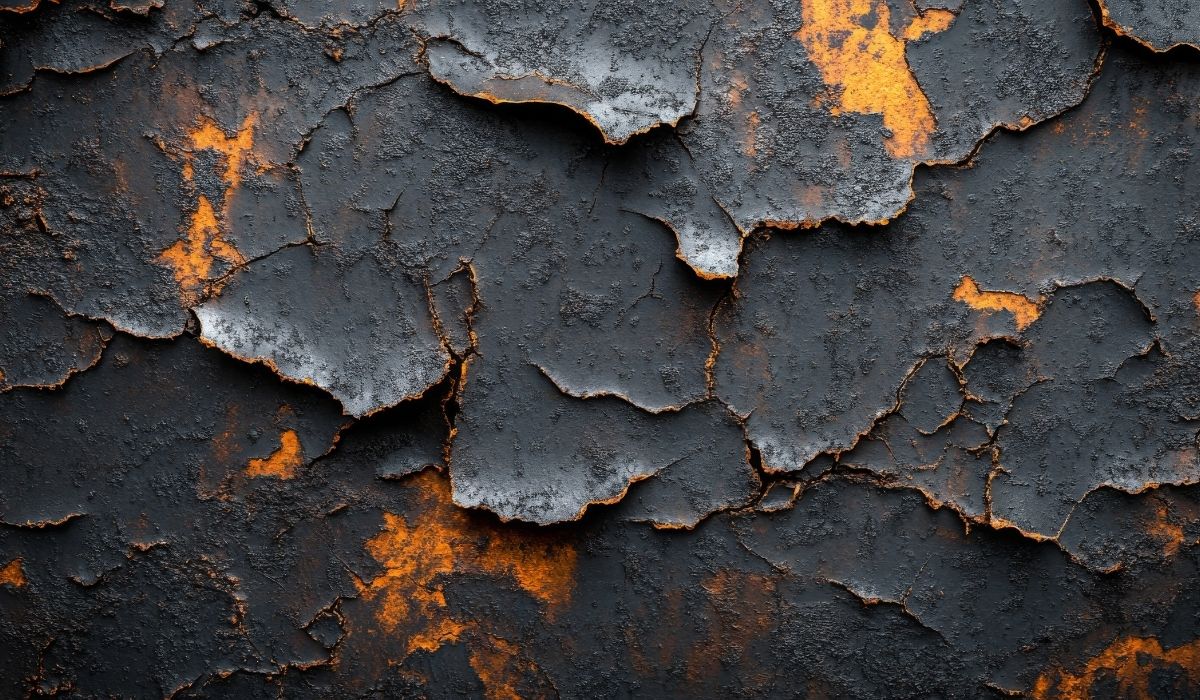Can Water Damage Make You Sick? Health Risks & Prevention
Can water damage make you sick? Let’s find out. Water damage occurs when excess water infiltrates a home or commercial property, affecting building materials, air quality, and overall safety. Sources include roof leaks, plumbing leaks, sewage backups, flash floods, storm water, and contaminated water from various sources. If untreated, water damage can lead to mold growth, bacteria growth, and additional health hazards.
Signs of Water Damage
Identifying signs of water damage early can help prevent potential dangers. Look for water stains on walls and ceilings, musty odors, unusual odors, peeling paint, mildew growth, and structural damage. A moisture meter can detect excess moisture in building materials, ensuring early detection of trouble areas.
Health Risks Associated with Water Damage
Water damage poses alarming health risks, especially when mold growth and bacteria growth occur. The presence of airborne bacteria, harmful bacteria, and black mold spores can cause severe health conditions. Exposure to contaminated water or stagnant water increases the risk of respiratory infections, allergic diseases, and neurological symptoms.

Mold Growth and Its Impact on Health
The growth of mold, including black mold and aspergillus mold, can trigger allergic reactions, breathing difficulty, and trouble breathing. Mold spores can cause irritation in the respiratory tract, leading to asthma symptoms, runny nose, stuffy nose, and skin rashes. Exposure to mould spores over time may contribute to chronic diseases.
Bacteria Growth and Infectious Diseases
Flood waters, raw sewage, and black water – water contaminated with harmful pathogens – create a ground for bacteria. Direct contact with floodwater can lead to skin infections, eye irritation, and minor symptoms like skin irritation. In severe cases, drinking water contaminated with bacteria can cause serious health issues such as brain disease and chronic fatigue.
Respiratory Issues Due to Water Damage
Poor air quality in a water-damaged house can lead to respiratory issues, including respiratory infections and lung diseases. Exposure to airborne health hazards like mold spores and bacteria can worsen asthma symptoms, cause shortness of breath, and lead to chronic respiratory conditions. Professional air duct cleaning services can help improve indoor air quality.

Structural Damage and Electrical Hazards
Untreated water damage can compromise structural integrity, making a building unsafe and unstable. Accumulation of moulds and excess moisture weakens wood, drywall, and other materials. Electrical dangers, including electrical shocks, can occur when water infiltrates electrical systems. Water damage restoration professionals can assess and repair structural damage and electrical hazards.
Categories of Water Damage
There are different types of water damage, classified based on contamination levels:
- Clean water: Comes from safe water supplies, such as broken pipes or rainwater. While not immediately harmful, excess water can lead to mildew growth and structural damage.
- Grey water: Contains contaminants from appliances, plumbing leaks, or storm water. Prolonged exposure may cause health concerns.
- Black water: Highly contaminated, often from sewage backups or floodwaters. Black water contains dangerous bacteria and requires professional cleaning.
The Importance of Professional Water Damage Restoration
A water damage restoration company can provide essential services like basement water removal, water damage repair, and air-conditioning (HVAC) system cleaning. Professional water damage restoration ensures safe removal of excess moisture, mold remediation, and the repair of water damage to restore a property to its original condition.
Preventing Water Damage and Health Risks
To prevent health consequences from water damage, take these steps:
- Regularly inspect for plumbing leaks and roof leaks.
- Use a moisture meter to detect hidden moisture content.
- Maintain a clean water filtration system for safe water for drinking.
- Ensure proper ventilation to prevent poor air quality.
- Schedule air duct cleaning and mold inspections.
FAQs
1. Can mold exposure from water damage make you sick?
Yes, mold exposure can cause allergic reactions, respiratory infections, and neurological symptoms. Black mold exposure may lead to serious health conditions.
2. What are the common symptoms of water damage-related illnesses?
Common symptoms include breathing issues, chronic fatigue, skin rashes, runny nose, eye irritation, and trouble breathing.
3. How do I know if my home has harmful bacteria from water damage?
If your home has bad smells, musty odor, or unusual odors, it may indicate bacteria growth. A water damage restoration company can assess the situation.
4. Is drinking water safe after a flood?
Floodwaters can contain harmful bacteria, making water unsafe. Water filtration and testing are necessary to ensure safe drinking water.
5. Should I hire professionals for water damage restoration?
Yes, professional water damage restoration ensures complete removal of contaminated water, prevents mold growth, and restores indoor air quality.
Visit your nearby local emergency responder or contact us today for more information.
Table of Contents
EXCELLENTVerified A straight up honest broker who knows his stuff. Excellent communication and very helpful problem solving our mold issuePosted onVerified Giving Eric a 5-star review, and we haven't even started any work yet. He came to gave us his professional opinion and quote to address a mold issue in our house. He is clearly very knowledgeable. His opinion was wildly different than the previous estimate we received, from an agency that wanted to charge us about 4 times as much. He did a much more thorough assessment, and explained his reasoning for why he felt that our issue wasn't as extreme as the previous agency. He even gave us some suggestions as to how we could address our issue on our own, if need be. He doesn't appear "out to get you"... there are a lot of companies that work off the "mold is gold" motto, but he doesn't seem to be one of them. If we end up going with him for the job, we'll update the review... but, I was just so happy and relieved with his approach, estimate, knowledge, and his overall professionalism. Glad there are still people like this out there!Posted onVerified Eric and his team were prompt and professional. From diagnosis through cleanup they were very thorough.Posted onVerified Above and beyond expectations. Eric and his team were not only helpful, kind, and relatable to our issues, they were extremely professional and reliable. Always answered our calls. Showed up on time with great attitudes. Respected our home. Most importantly, got the job done in a fast and timely manner. Can't recommend enough.Posted onVerified We had a leak under the kitchen sink and called another company first. We were told there is mold and they would have to tent the area to remove it and that we'd also need a whole new cabinet. Of course, it was pretty expensive and they said we couldn't use the kitchen for a couple weeks. Feeling it's always wise to get more than one estimate, I called Preferred Restoration as they had excellent reviews. Eric replied promptly and came out to look things over. He felt the mold wasn't bad enough to require a tent and also felt a whole new cabinet was not required. Needless to say, we accepted his estimate immediately and the work was done in a professional manner. (They don't do the carpentry work, but can make a recommendation.) I highly recommend Preferred Restoration. I believe it's an honest company with skilled professionals.Posted onVerified Eric the owner was great to work and keep me informed the entire time that the moisture was being removed from my home. Highly recommend Eric and his team for any job!Posted onVerified Right from the start I knew I was going to be in good hands with this company. The response time was super quick and getting Eric to come out to my home to assess the situation was quicker than expected. Eric was very knowledgeable and answered all my questions thoroughly. He took his time to listen to all my concerns to carefully address the issues in my home. He made a stressful situation feel less stressful and manageable. I definitely recommend this company and will contact Eric if needed in the future. Thanks again Eric!Posted onVerified We discovered a mold issue in one of our bedrooms and reached out to Preferred Restoration Services for guidance. Eric was extremely helpful in helping us navigate what needed to be done since we had no experience with this type of issue. He shepherded us through the process and helped us understand every step that needed to be performed. He referred us to a couple of contractors which we used for plumbing and testing and they were also excellent. This was helpful so that we didn't have to figure out who else we needed to work with and vet them as well. Everyone from Preferred Restoration Services was very professional, communication was excellent, and customer service was outstanding. We had a lot of questions and they were all answered very quickly. I highly recommend Preferred Restoration Services for any damage restoration needs.Posted onVerified Preferred Restoration is the best service in town! If you want quality, fair pricing & guidance, call Preferred Restoration! Ask for Eric, he is very helpful and quick.Posted onVerified We had an issue with a sewer line that leaked and potentially needed some soil remediation under the house. I gave Eric a call and made an appointment for the next day for him to come out and assess the situation. Throughout the process his communication was great and he was on time (even gave me a call to let me know he was on his way). He went above an beyond to even check inside the house for potential water damage/mold. We did not have to move forward with any remediation. I appreciate Eric's communication, thoroughness, and HONESTY. We will keep his contact if we need any work in the future. I highly recommend Eric and Preferred Restoration!



